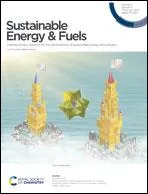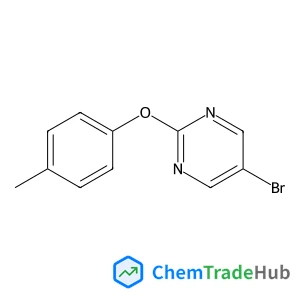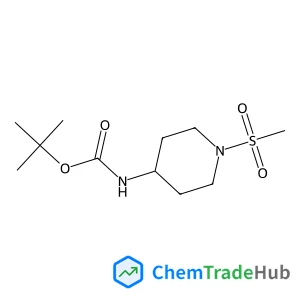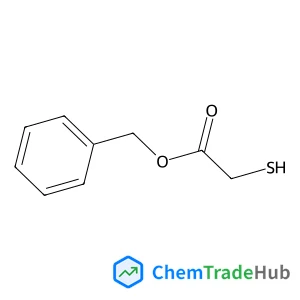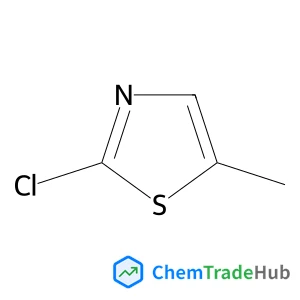Enhanced power performance of an in situ sediment microbial fuel cell with steel-slag as the redox catalyst: I. electricity generation
Literature Information
Kyeongmin Kim, Shinya Nakashita, Tadashi Hibino
Steel-slag was added as a catalytic material of redox reaction to sediment microbial fuel cells (SMFCs) in an in situ sediment biodegradation experiment to determine its benefits in the long-term power production of the cells and to elucidate the external factors affecting power production. The steel-slag was found to consistently increase the power generated, and over a period of two years, the combination produced six times more charge than that of an SMFC alone (1549 C per day), which was superior to that of conventional SMFCs reported in the literature. After two years of electron-harvesting, the redox potential of pore water rose to the level at which hydrogen sulfide and ammonia can be oxidized. Upon investigation, rapid changes or fluctuations in power production were found to be cathode-related, for example, if it was damaged, or variations in the ambient environmental conditions, such as dissolved oxygen, algal activity, etc., affected its performance. In particular, algal activity appeared within nine days, which led to a 68% increase in the average current density during the day vs. the night.
Related Literature
IF 6.843
A model-based comparison of Ru and Ni catalysts for the Sabatier reactionIF 6.367
Redox responsive Pluronic micelle mediated delivery of functional siRNA: a modular nano-assembly for targeted deliveryIF 6.843
Performance of electrode-supported silica membrane separators in lithium-ion batteriesIF 6.367
A hollow neuronal carbon skeleton with ultrahigh pyridinic N content as a self-supporting potassium-ion battery anodeIF 6.367
Chemoproteomics-based target profiling of sinomenine reveals multiple protein regulators of inflammationIF 6.222
Synthesis of aviation fuel from bio-derived isophoroneIF 6.367
Vapor-fed photoelectrolysis of water at 0.3 V using gas-diffusion photoanodes of SrTiO3 layersIF 6.367
Permselective ion electrosorption of subnanometer pores at high molar strength enables capacitive deionization of saline waterIF 6.367
An overview of latest advances in exploring bioactive peptide hydrogels for neural tissue engineeringIF 6.843
Source Journal
Recommended Compounds
Recommended Suppliers
 Bilfinger Industrietechnik Salzburg GmbH
Bilfinger Industrietechnik Salzburg GmbH Hubei Xilade New Materials Co., Ltd.
Hubei Xilade New Materials Co., Ltd. Sila Nanotechnologies Inc.
Sila Nanotechnologies Inc. Tianjin Tophua Fan'en Chemical Co., Ltd.
Tianjin Tophua Fan'en Chemical Co., Ltd. Ferrer Internacional
Ferrer Internacional Tianjin Bochuang Chemical Co., Ltd.
Tianjin Bochuang Chemical Co., Ltd. Xiangfan Nuor Chemical Industry Co., Ltd.
Xiangfan Nuor Chemical Industry Co., Ltd. QUMA Elektronik & Analytik GmbH
QUMA Elektronik & Analytik GmbH Jinan Xinliye Chemical Industry Co., Ltd.
Jinan Xinliye Chemical Industry Co., Ltd. DYMATIC Chemicals Inc
DYMATIC Chemicals Inc










